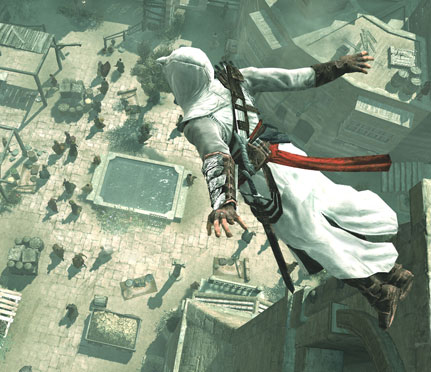Frostmarrow said:
Assassins can kill in one strike, provided they roll damage in excess of the target's HP.
I'm coming around to this perspective, and let me elaborate a little on how I got there.
If you have a functional "kill in one hit" attack, using 4e numbers, it needs to deal 8*(level+3) damage, on average (taking it from
this very useful article series, needing to deal 8 normal hits).
So, at level 1, that's like 32 points of damage. Whether you actually track the points or not, the effect is roughly like dealing 32 points of damage to a single target in one round. 32 points of damage just means something to every character.
If the Assassin can only do that once, during a surprise round...that's actually, in 4e terms, a
weak sauce striker mechanic. Compared to the rogue dealing 16 points of damage almost EVERY round, the Assassin is lagging behind (even though she might have the edge during the first round or so). It really demonstrates that instant death isn't really that powerful. If I was designing this class for 4e, I'd need to give them sneak attacks or poisons or something to play catch-up, even with that ability. If I was trying to balance the Assassin accross the pillars instead, I might just say "Assassins: they kill one guy, then they can't do much."
Turning these effects into "damage values" makes them kind of surprisingly easy to put into context with the rest of combat.
5e hints at a process like this, too (sleep = 120 points of damage, is, I believe, the example?).





